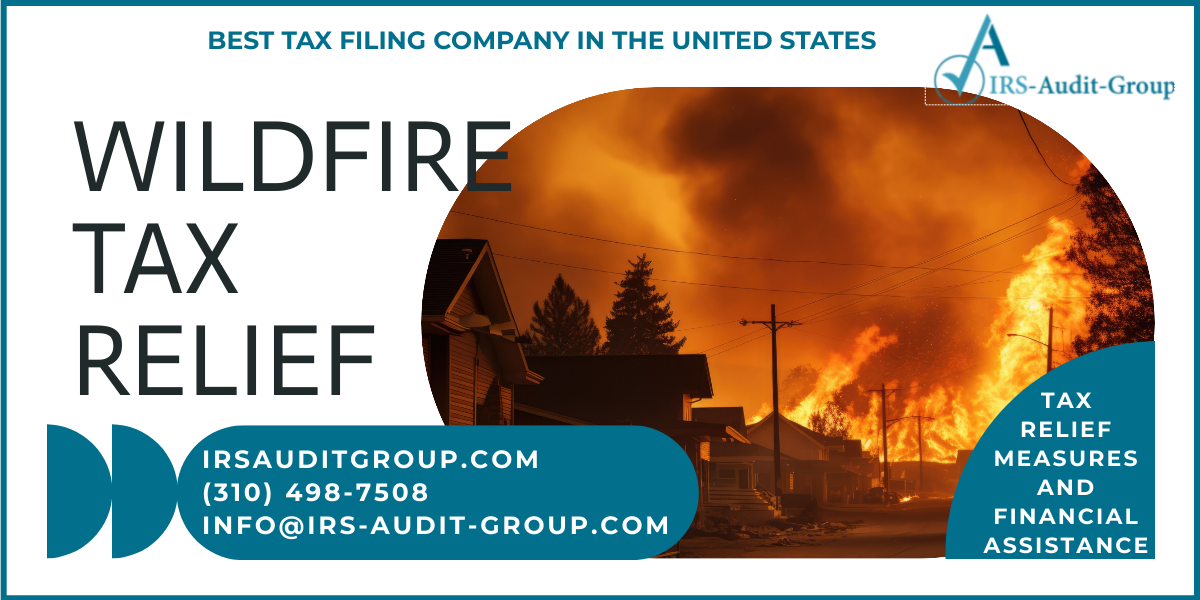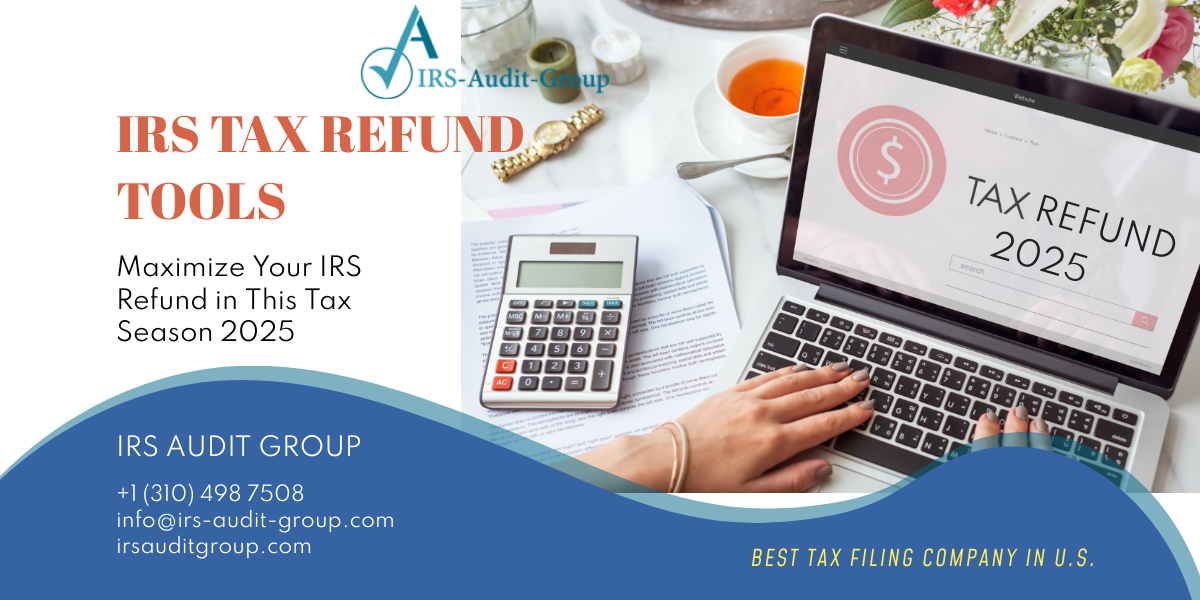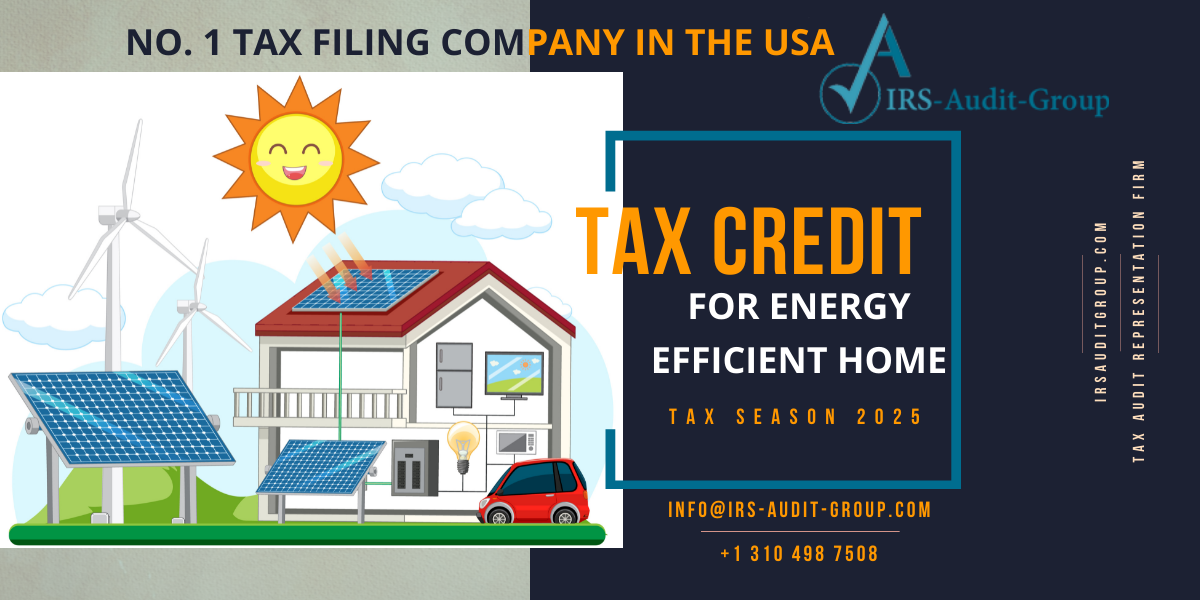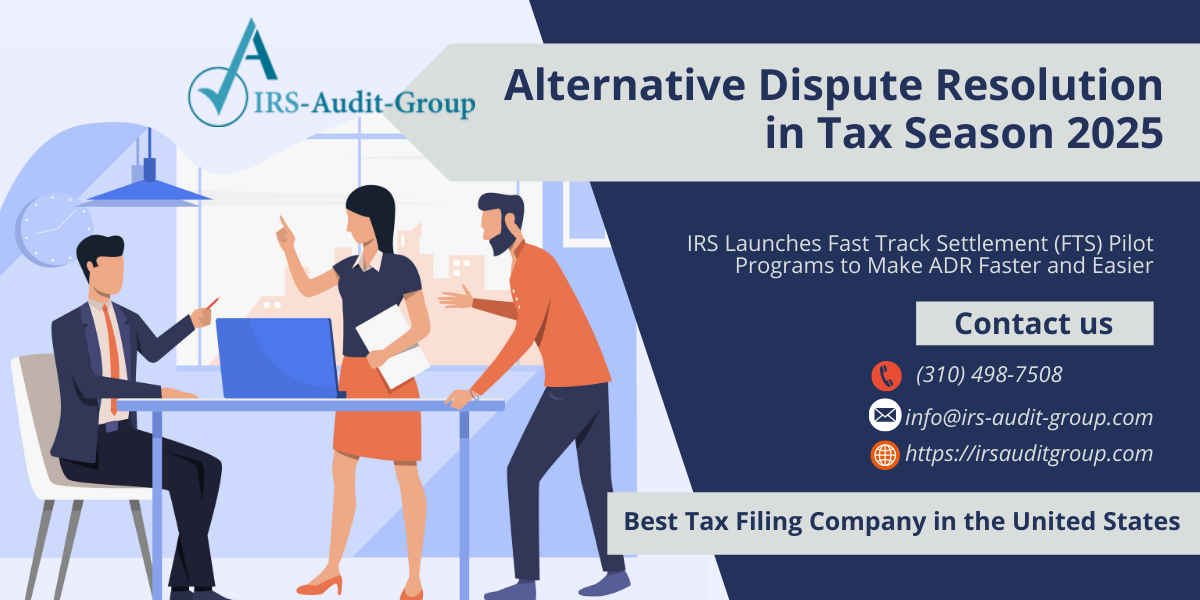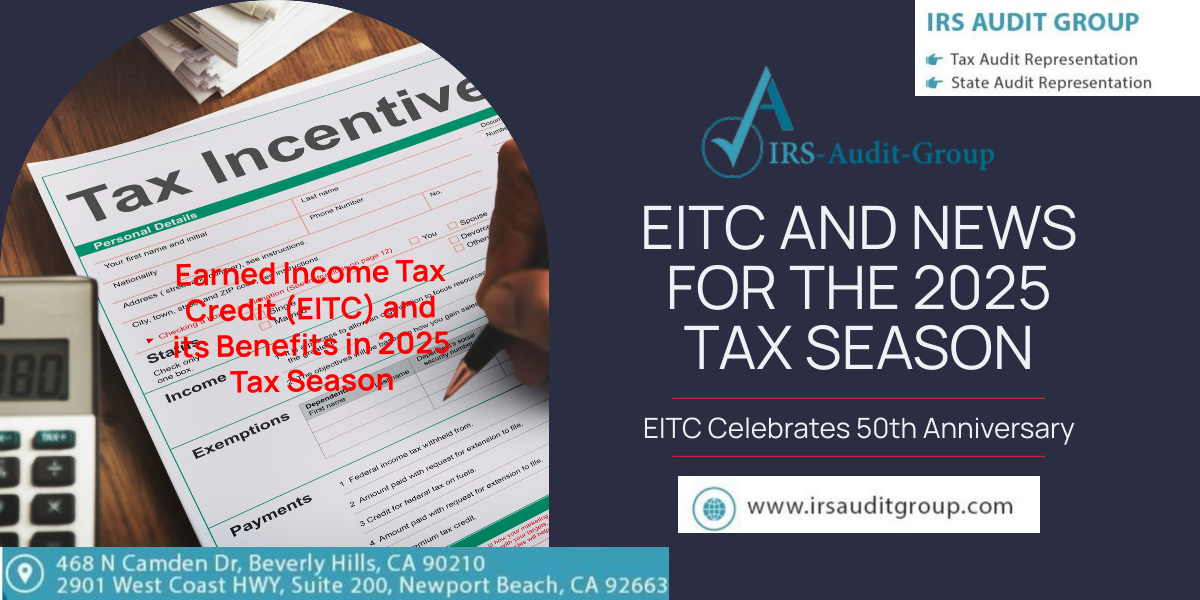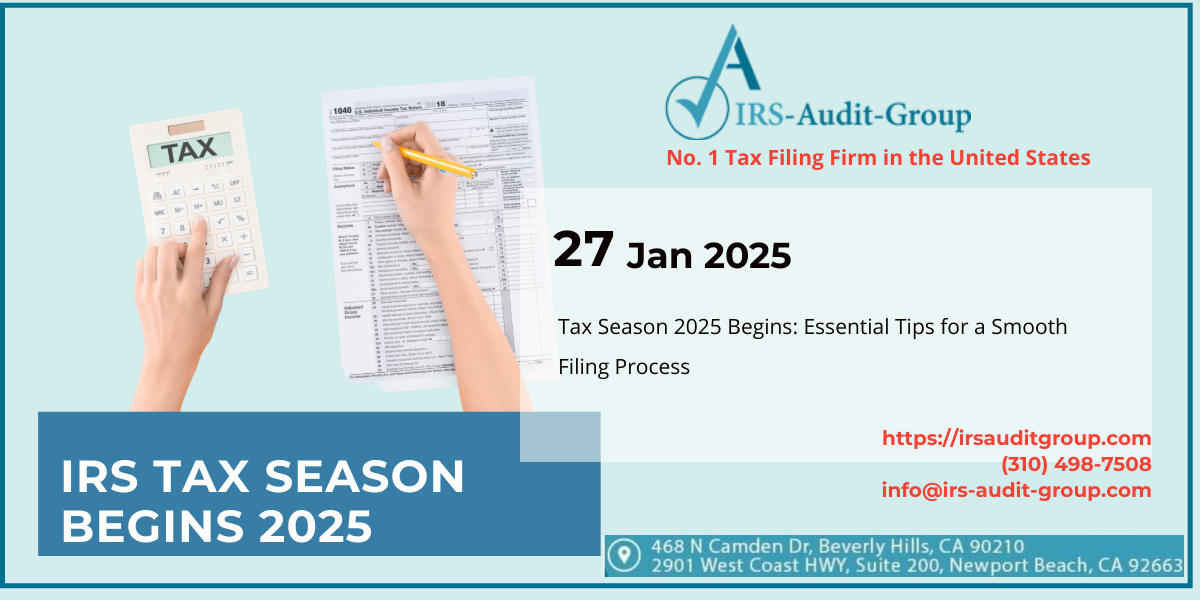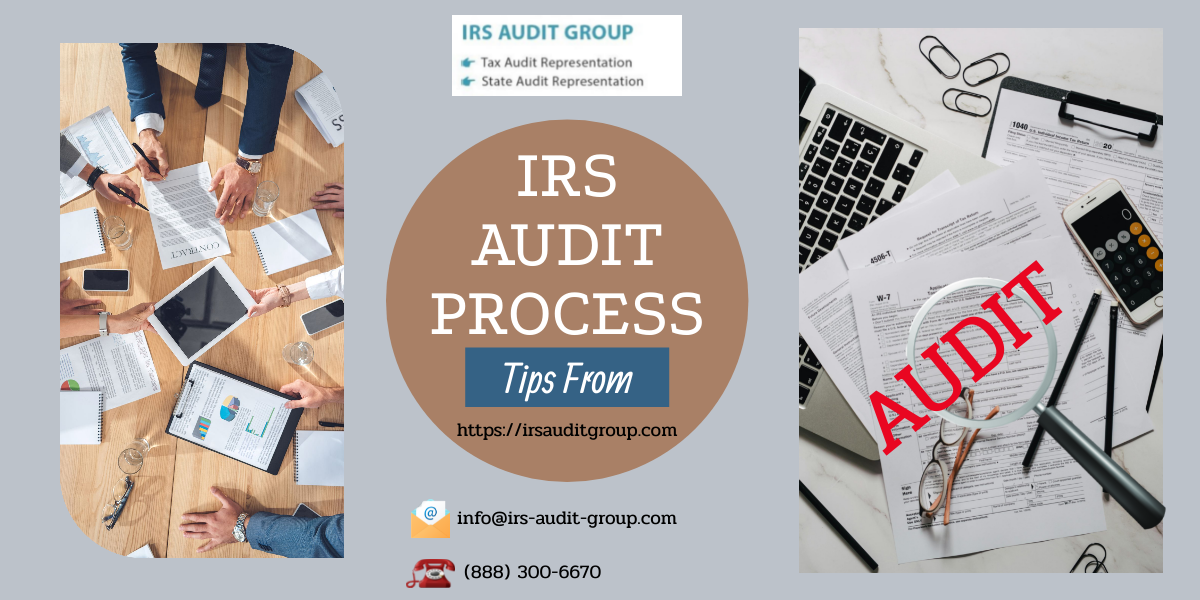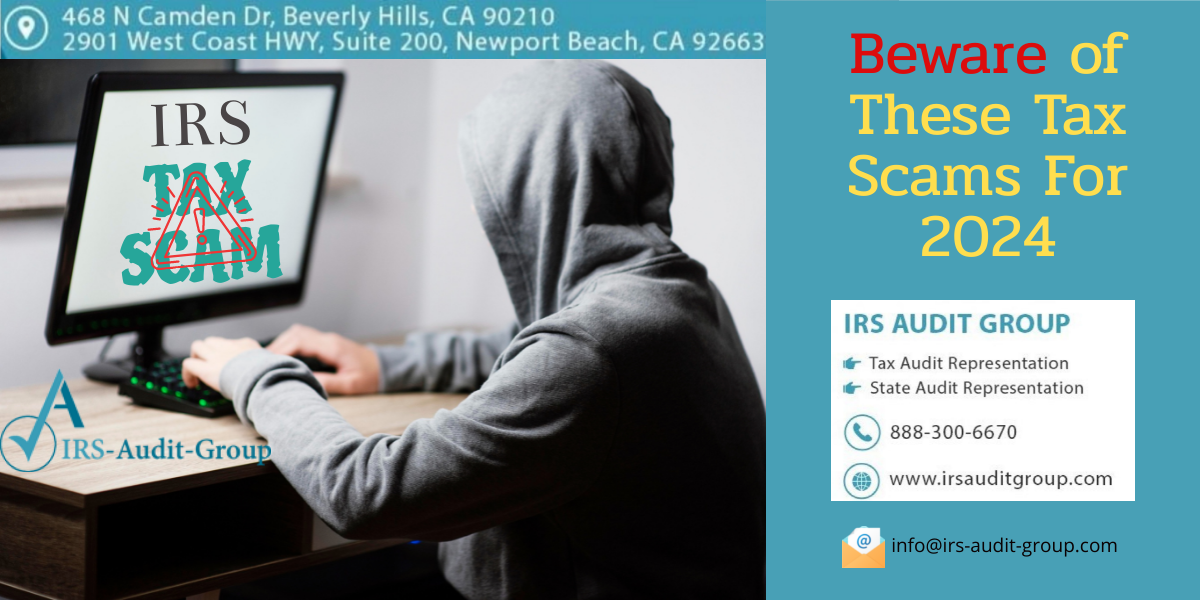As the Tax Season 2024 is here, so are potential scams and fraudulent activities, prompting the IRS to issue warnings about common schemes. Here’s a compilation of important facts about various scams and advice by the IRS for Tax Season 2024.
False Fuel Tax Credit Claims
Taxpayers should be highly cautious of false Fuel Tax Credit claims, as warned by the IRS in its Dirty Dozen list for Tax Season 2024. Scammers often target individuals with promises of significant refunds through illegitimate claims for this credit, exploiting unawareness of its eligibility criteria. Vigilance, verification of information, and reliance on official IRS resources are crucial to avoid falling prey to these scams, emphasizing the importance of a thorough review process to ensure accurate and lawful tax filings.
Untrustworthy Tax Preparers (Ghost Preparers)
Taxpayers must remain vigilant against untrustworthy tax preparers, a prominent warning from the IRS’s Dirty Dozen list for Tax Season 2024. The term “ghost preparers” refers to individuals who may not sign tax returns they prepare, leaving taxpayers vulnerable to potential fraud and identity theft. These preparers often promise inflated refunds or charge exorbitant fees, exploiting unsuspecting individuals. Taxpayers must verify the credentials of their tax preparers, ensuring they are qualified, registered, and reputable. Relying on certified tax professionals and maintaining awareness of red flags can help protect against financial losses and legal complications during tax filing.
Fake Charities Exploiting Taxpayer Generosity
The IRS’s inclusion of fake charities in its “Dirty Dozen” list underscores the risks taxpayers face during tax season. These scams prey on people’s goodwill, using deceptive tactics to extract money without benefiting genuine charitable causes. IRS advises to beware of scammers who might use email communications or manipulate caller IDs to deceive people into donating funds to charities. These fraudsters often target groups such as seniors and those with limited English proficiency. Taxpayers must remain vigilant, verifying the legitimacy of charities before donating.
Offer in Compromise Mills
Another scam for Tax Season 2024 is pricey offer-in-compromise (OIC) “mills” that falsely claim their services are necessary to resolve IRS debt. The OIC program offered by the IRS is a beneficial avenue for taxpayers struggling to settle their federal tax debts, and reputable companies are providing legitimate assistance. However, the IRS advises individuals to invest a few moments in reviewing the resources provided on IRS.gov to ascertain if they qualify for the OIC program. This step helps individuals avoid costly promoters and ensures they understand the eligibility criteria thoroughly before seeking assistance.
Helpful Scammers Offering to Set Up Online Accounts
The IRS warns against scammers offering to set up online accounts. The IRS Online Account serves as a convenient tool for individuals to access their tax information. However, it has also become a target for identity thieves who exploit it to file fraudulent tax returns and claim hefty refunds in the victim’s name. Taxpayers should avoid sharing sensitive personal data over the phone, email, or social media to protect themselves and avoid getting caught up in these scams.
Aggressive Promoters Making Questionable ERC Claims
The IRS’s “Dirty Dozen” for tax season 2024 list includes a warning about aggressive promoters who entice taxpayers into making questionable claims for the Employee Retention Credit (ERC). This scam targets small businesses, urging them to engage in activities that could lead to tax non-compliance and penalties. Taxpayers are advised to exercise caution and seek reliable tax professionals’ advice to avoid falling victim to these deceptive practices. As the IRS is continuing tax audits and investigations for false claims of ERC, it emphasizes the availability of a special withdrawal program for businesses to rectify erroneous claims and ensure compliance with tax regulations.
Phishing And Smishing Scams
The IRS has launched its annual “Dirty Dozen” campaign with a strong warning about phishing and smishing scams. These deceptive tactics involve fraudulent emails (phishing) and text messages (smishing) that appear to be from legitimate sources, such as the IRS or financial institutions, but are designed to steal sensitive information like Social Security numbers or financial details. The IRS doesn’t initiate contact with taxpayers by email, text messages, or social media channels to request personal or financial information.
High-Income Filers: Targeted by Illegal Tax Schemes
The improper art donation deductions, charitable remainder annuity trusts (CRATs), and monetized installment sales are all illegal tax schemes targeting high-income filers. These schemes exploit loopholes or misinterpretations of tax laws, posing significant risks of tax evasion and penalties for those involved.
Beware of Spear phishing and “New Client” Scams
In the ongoing spear phishing attacks targeting tax professionals and businesses, these attacks typically involve fraudulent emails or messages designed to deceive recipients into disclosing confidential information, such as login credentials or financial data, under the guise of legitimate communication. Moreover, the surge in “new client” scams adds another layer of vulnerability, as fraudsters exploit the trust between tax professionals and their clients to gain access to sensitive information or perpetrate financial fraud. Tax professionals and businesses must exercise caution, implement robust cybersecurity measures, and educate employees about the signs of phishing attempts to mitigate the risk of falling victim to these malicious schemes.
Social Media Tax Advice: Risks and Pitfalls for Taxpayers
Taxpayers should be wary of relying on social media platforms like TikTok for tax advice, as these channels can be rife with inaccurate or misleading information. Scammers frequently exploit these platforms to propagate fraudulent schemes, encompassing both common tax documents like Form W-2 and more obscure ones like Form 8944. One prevalent scam circulating on social media advises individuals to manipulate income details on Form W-2 and file electronically, falsely promising substantial refunds. Similarly, misinformation surrounding Form 8944 misleads taxpayers into believing they can use it to secure refunds from the IRS, irrespective of their actual tax liabilities. However, Form 8944 is exclusively designated for tax professionals seeking waivers to file paper returns and is inapplicable to individual taxpayers. Falling prey to such scams can lead to severe penalties and legal consequences for filing fraudulent tax returns. Therefore, taxpayers must exercise vigilance, seek guidance from reputable sources, and avoid succumbing to scams on social media platforms to safeguard their financial interests.
Bogus Tax Avoidance Strategies and International Schemes
As the annual taxpayer awareness campaign ends, it’s crucial to highlight the threat posed by bogus tax avoidance strategies and schemes with international elements. These schemes often promise unrealistic or exaggerated tax savings through intricate structures or offshore accounts, luring taxpayers into non-compliance with tax laws and risking severe penalties or legal consequences. With globalization and advancements in technology, scammers exploit cross-border transactions and offshore entities to conceal income, evade taxes, and exploit loopholes in tax regulations. Taxpayers must remain vigilant, seek advice from tax professionals, and ensure compliance with tax laws to avoid falling victim to these deceptive schemes and safeguard their financial well-being.
IRS is highlighting various scams through its “Dirty Dozen” campaign for Tax Season 2024. This list will be updated to include all dozen scams as and when the IRS publishes about these scams. By remaining vigilant, reporting suspicious activities, and engaging certified tax professionals, taxpayers can protect themselves from financial losses, identity theft, and legal complications during tax filing season.
IRS AUDIT GROUP
IRS Audit Group consists of tax professionals, CPAs, enrolled agents, and tax attorneys. We are located in Los Angeles; California and our primary area of expertise is IRS Tax Audit Representation. However, our certified professionals cooperate and work with all IRS offices across the country. Please contact us for more information. https://irsauditgroup.com/contact/
Telephone Number: (310) 498-7508
info@irs-audit-group.com

